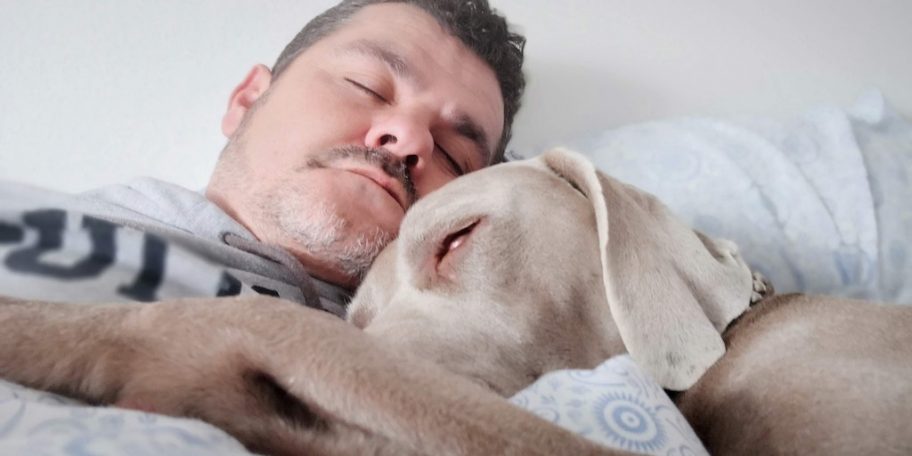Snoring frequently causes disrupted sleep for the snorer and family. Impaired sleep and its consequences are now known to be major public health issues. While those around them may be unhappy due to snoring, it is the snorer who is at greater risk. Snoring may interrupt sleep in subtle ways preventing deep restorative levels of sleep (REM sleep). Chronic sleep deprivation impairs driving and work performance. Snoring is caused by turbulent airflow through the mouth and nose due usually to physical obstruction. Changes in the airway size during sleep may occur as a result of relaxation of the muscles of the palate or uvula, enlarged tonsils or adenoids, nasal septal deviation or nasal congestion due to allergies. Alcohol may exacerbate snoring since it further relaxes the muscles.
Anyone with allergy symptoms snoring should be have allergy testing to see if they have some allergic sensitivities that can be modified. In addition to allergy testing, we believe an assessment of nasal anatomy is vital. You may be screened for sleep apnea and referred for additional studies as needed. Before your visit, you may take the Epworth Sleepiness Scale. This validated questionnaire is a useful screening tool for sleep apnea. Sleep apnea is a serious medical disorder characterized by multiple subtle nighttime awakenings and daytime fatigue. It can also be a cause of headaches, high blood pressure and depression. Patients at risk for sleep apnea are those with high blood pressure (30% of such patients) and obesity. Snoring itself does not cause sleep apnea. However, snoring and labored breathing with apnea periods (reduced number of breaths per minute) merit further evaluation by a specialist.
Treatment of snoring:
Weight loss can help a lot for the patient who needs it. Otherwise there are a number of procedures done by ENT specialists that can improve snoring severity. Some of these are office procedures but others are more complex and require surgery.


